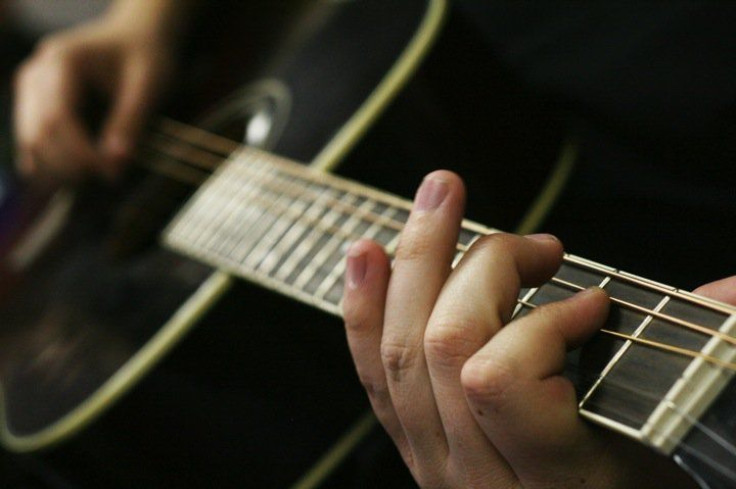Practice Doesn't Make Perfect: 'Open' Personalities More Likely To Excel In Music, Even Without Lessons

In school we’re taught that practice makes perfect, but anyone who’s spent years in music class only to graduate knowing little more than “Hot Cross Buns” on the recorder knows that this isn’t always true. Musical skills just seem to come easier to some than it does others, and according to a recent study, a student’s personality may be just as important as their practice routine when it comes to determining their musical potential.
The idea that it takes 10,000 hours of practice to turn anyone into an expert at anything comes from the Canadian journalist Malcolm Gladwell. Although encouraging, Gladwell’s conclusion isn’t completely accurate. Practice is a clear determiner of skill, but evidence suggests that it takes more than dedication to excel in music.
Recently, psychologists from the University of Cambridge and Goldsmiths University teamed up with the BBC to create the largest study to date on personality and musical expertise. The study, which is currently published in the Journal of Research and Personality, recruited over 7,000 volunteers, including both men and women, musicians and nonmusicians, to investigate if there was a link between the two. According to the press release, the volunteers were tested on their various musical abilities, such as melodic memory and rhythm perception. Simultaneously, volunteers’ “Big Five” personality traits (Openness, Conscientiousness, Extraversion, Agreeableness, and Neuroticism) were also measured to better gauge their overall temperament.
Results revealed clear links between personality and performance on musical tasks, with individuals who had more “open” personalities being more likely to have musical abilities. This remained true even among volunteers who had received no prior musical training.
"We had expected to see that openness predicted musical ability for those who played a musical instrument," lead author David Greenberg told The Huffington Post in an email. "But we were pleasantly surprised to see that openness also predicted musical ability for those who had no musical experience at all."
According to LiveScience, "open" personalities are those which are more inclined to new experiences. Those who score high in this trait are more likely to be curious, enjoy adventure, and be more likely to break away from the normal. In addition to openness, extraversion was also linked to musical skill. Participants who scored higher in this category were more likely to self-report singing abilities.
The results are interesting, adding further evidence to the idea that musical geniuses are not purely the product of their dedication, but rather the result of their environment and a fortuitous genetic makeup. For example, a 2014 Princeton study found that deliberate practice only accounted for 21 percent of the difference in musical performance, and a 2014 Michigan State University study suggested that genes also play a role in musical skill.
According to Greenberg, these results may be particularly important for teachers, “who can use the information about their student’s personality to see who might be most successful in varied musical activities,” and offer musical lessons to those who might not have had the opportunity otherwise.
“One day science may be able to identify the personality, cognitive, and neurobiological factors that lead to musical genius,” Greenberg said.
Source: Greenberg DM, Mullensiefen D, Lamb ME, Rentfrow PJ. Personality predicts musical sophistication. Journal of Research in Personality. 2015.



























